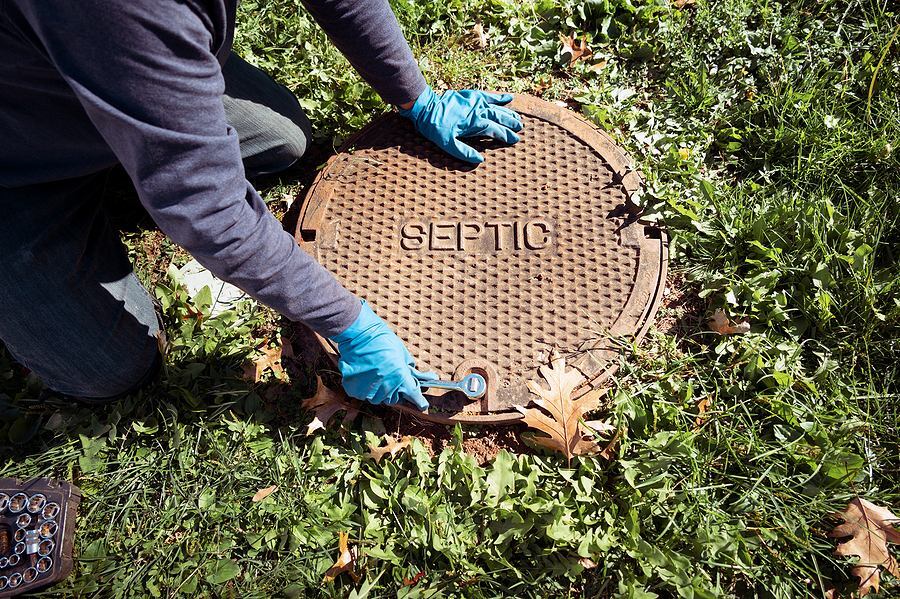
19
When it comes to managing household wastewater, homeowners typically have two primary options: sewer systems and septic systems. Each has its own advantages and disadvantages, and understanding these differences can help you make informed decisions about your home's wastewater management.
Choosing between a sewer system and a septic system depends on various factors, including location, cost considerations, and personal preferences. Sewer systems offer convenience and reliability with minimal maintenance but come with ongoing fees. Septic systems, on the other hand, provide independence and potential cost savings but require diligent maintenance, such as regular septic tank pumping and cleaning. Weigh the pros and cons of both and decide which is a better fit for your lifestyle.
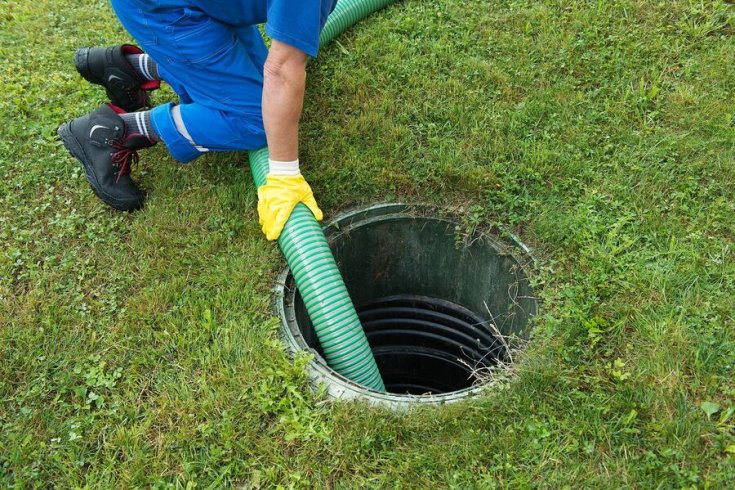
18
Reliable and Affordable Septic Services A properly functioning septic system is essential for any home or business that relies on…
Read more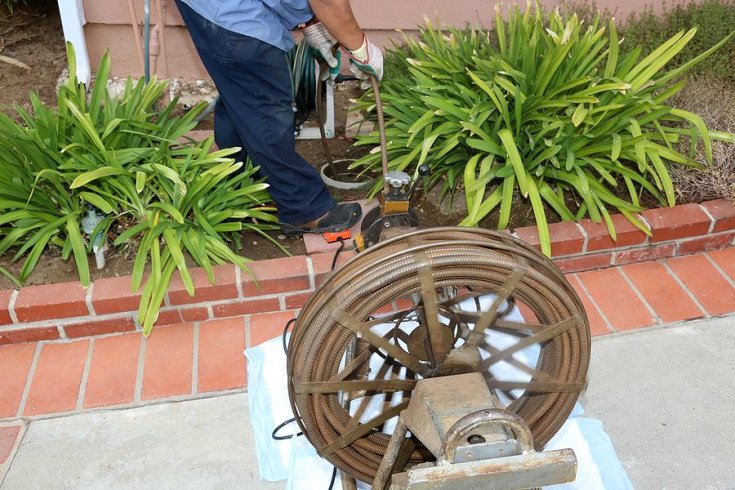
09
Signs and Solutions for a Failing Drain Field Your septic system plays a critical role in managing household wastewater, and…
Read more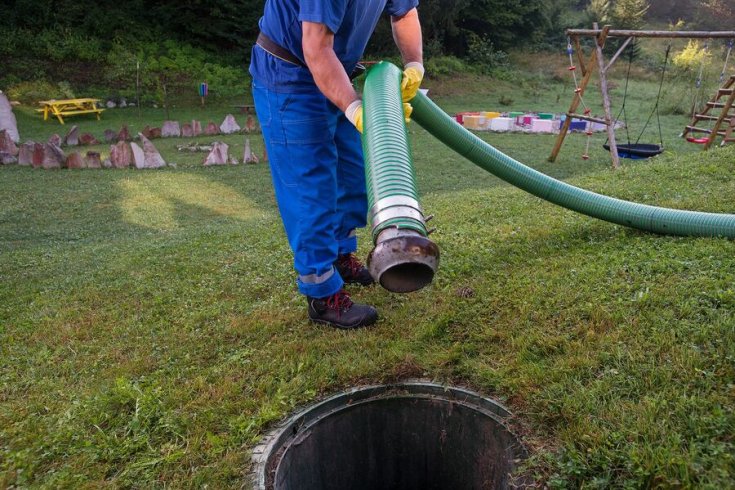
03
A Newbie’s Guide to Septic Pumping If you’re new to homeownership and have a septic system, you might be wondering…
Read more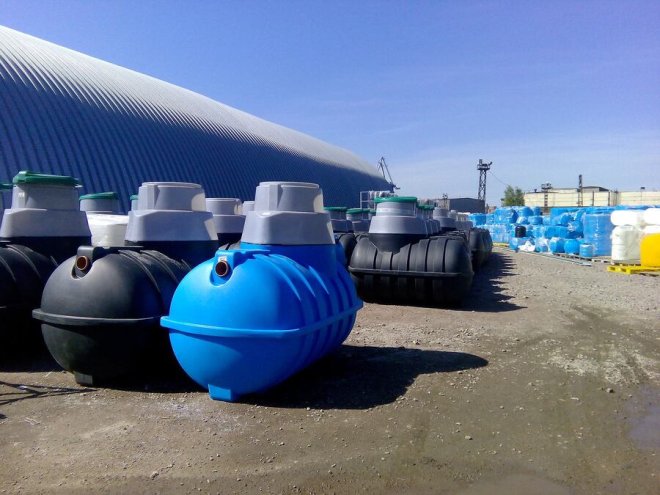
28
How to Prepare for Septic System Installation Installing a septic system is a major investment for any property that lacks…
Read more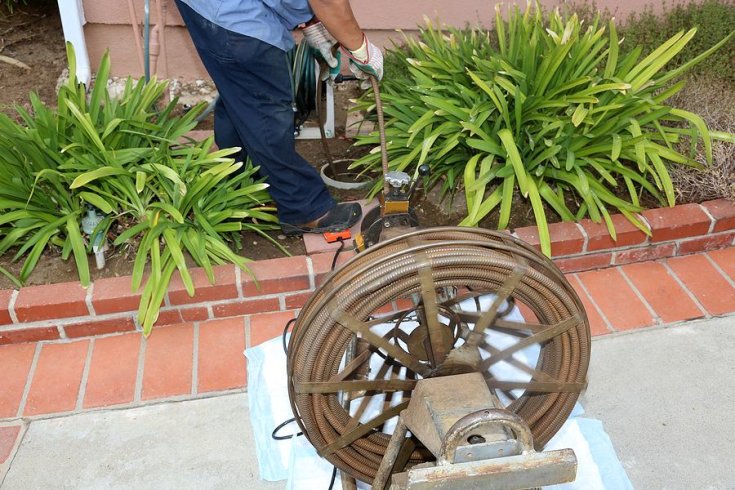
20
How Main Drain Cleaning Can Prevent Sewer Backups Sewer backups are one of the most unpleasant plumbing emergencies homeowners can…
Read more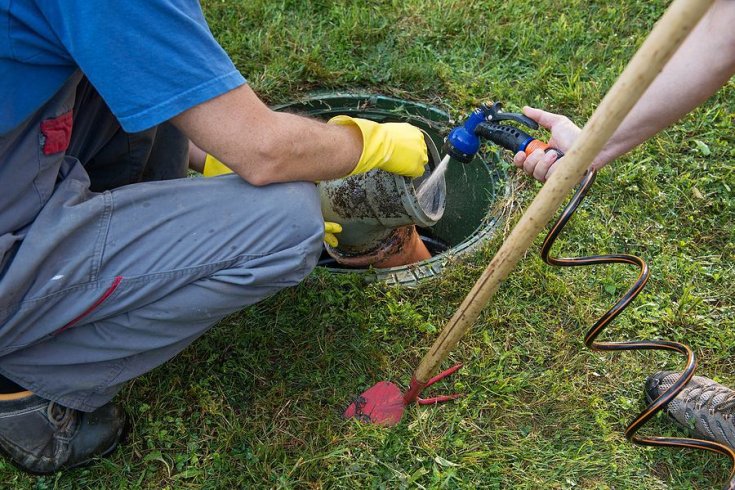
13
What to Do When You Have Drainage Problems Drainage problems can be frustrating and cause serious damage if left untreated.…
Read more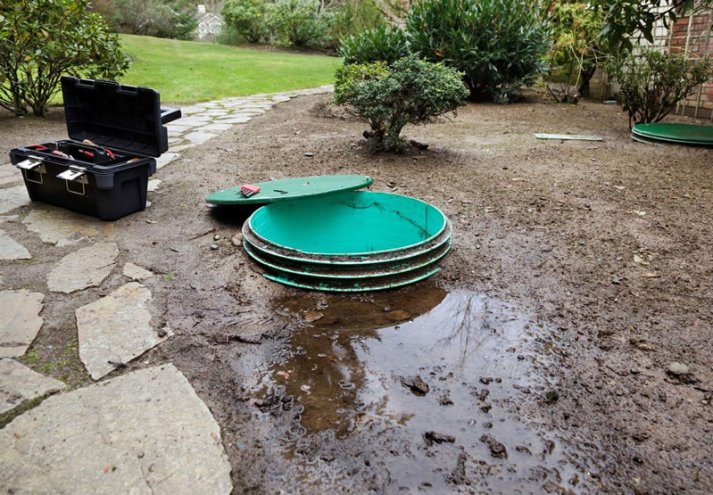
04
Signs and Causes of Septic Leaks A leaking septic system can pose serious health and environmental risks. If left untreated,…
Read more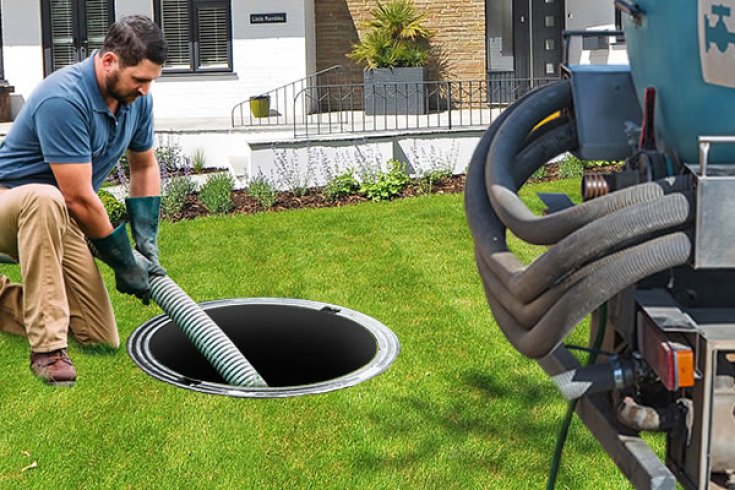
02
Unusual Septic Tank Blockages: Keeping Your Septic System Healthy A properly functioning septic system is crucial for any home or…
Read more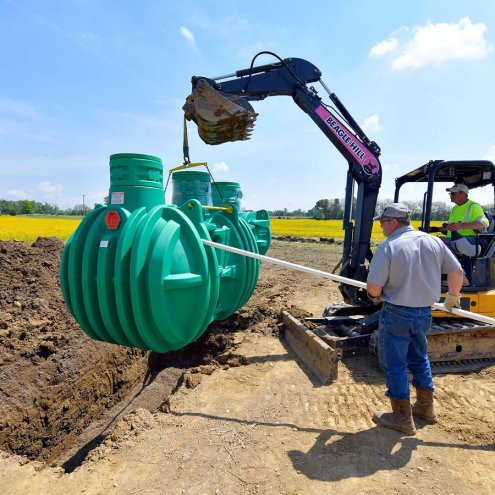
23
Seasonal Weather and Septic Systems Tank Your septic system plays a vital role in managing household wastewater, but seasonal weather…
Read more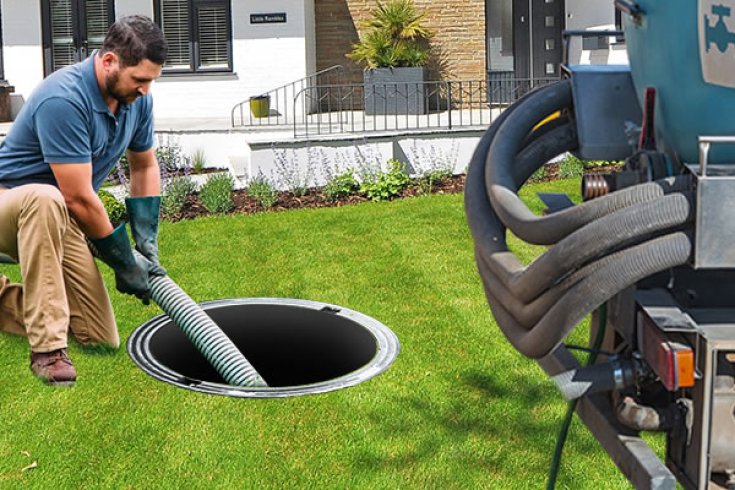
15
Why Toilet Paper Matters to Your Septic Tank Many homeowners don’t give much thought to their toilet paper—until it starts…
Read more